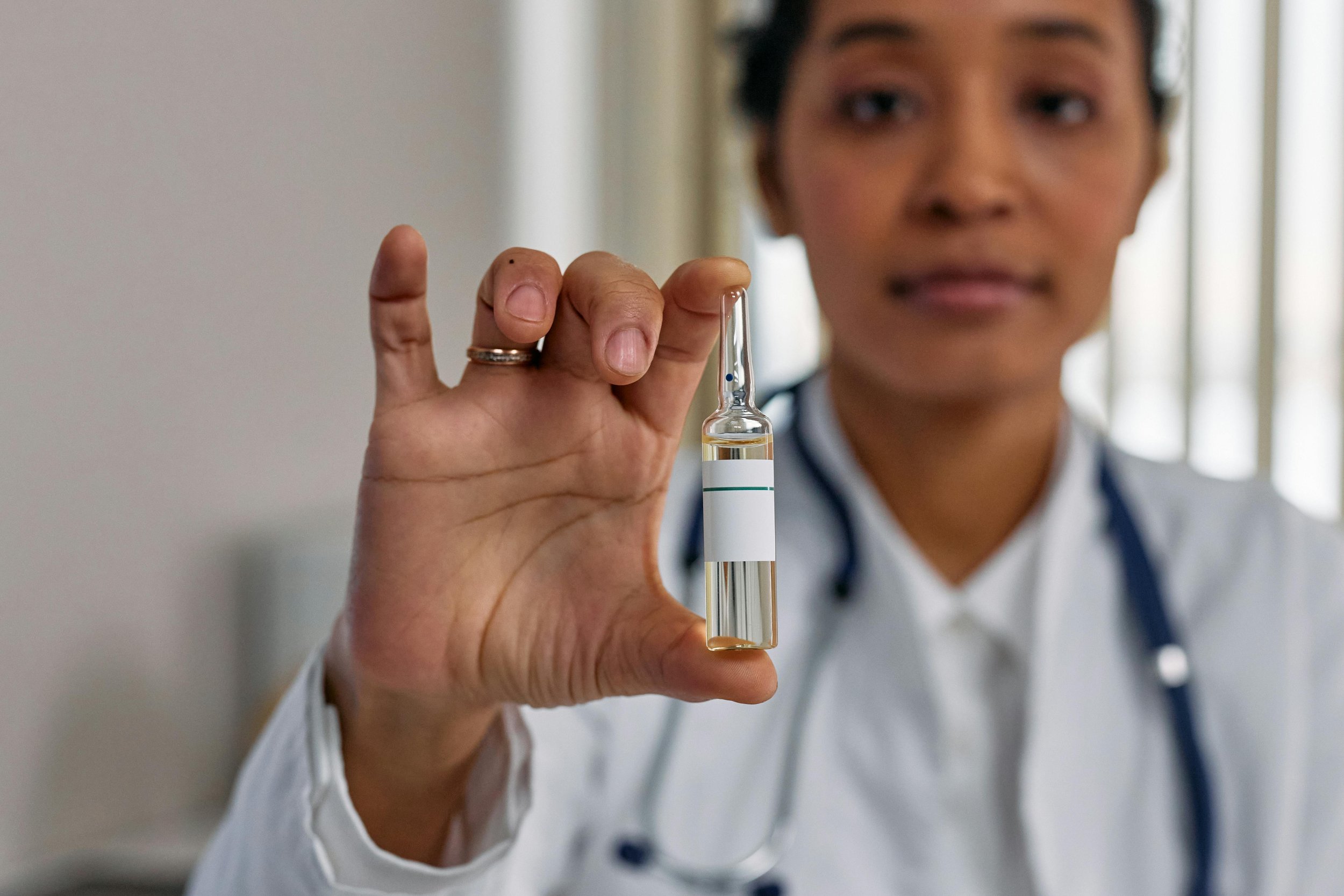Science writer & editor
Andrea Teagle
One shot, better defence against cervical cancer
Women have a better shot at avoiding cervical cancer thanks to the single-dose human papillomavirus (HPV) vaccination, which has now been approved in South Africa.
The much-anticipated transition from the current two-vaccination strategy aligns with recent evidence-based World Health Organisation (WHO) recommendations.
Photo: cottonbro studio, Pexels
Women have a better shot at avoiding cervical cancer thanks to the single-dose human papillomavirus (HPV) vaccination, which has now been approved in South Africa.
The much-anticipated transition from the current two-vaccination strategy aligns with recent evidence-based World Health Organisation (WHO) recommendations.
Health experts who participated in a recent “Women Up To Know Good” webinar, titled “HPV at your cervix” emphasised the effectiveness and affordability of the single-dose strategy in low- and middle-income countries.
HPV vaccinations are the most effective available tool for preventing cervical cancer. Usually administered to girls under the age of 15, the vaccine triggers an immune response that later protects against strains of HPV – the virus responsible for the development of virtually all cervical cancer cases.
Comprehensive roll-out of the single-dose vaccine is one part of a multifaceted approach to eliminating cervical cancer in Africa. To eliminate cervical cancer globally, the WHO set the following goals for 2030: 90% of girls vaccinated by age 15; 70% of women screened for HPV (by a high-performance test) by age 35, and again at 45; and 90% of women with cervical cancer receiving treatment.
However, resource constraints have seen low- and middle-income countries moving slowly to reach these targets. The success of South Africa’s school-based programme, initiated in 2014, illustrates how targeted interventions can help low- and middle-income countries (LMICs) to reach vaccination targets.
Clearing cost hurdles
At the GIFT webinar, leading cervical cancer expert Professor Lynette Denny of the University of Cape Town, Dr Zizipho Mbulawa of the National Health Laboratory Services and Walter Sisulu University, and physician scientist Dr Ruanne Barnabas of Harvard University discussed ways of increasing the accessibility and uptake of vaccinations and cervical cancer screenings.
Barnabas shared findings from research she and her colleagues conducted in Kenya that provided the evidence for the WHO policy change recommending the one-dose vaccine. The study showed a 98% vaccine efficacy against HPV 16/18 – the strains that are most strongly linked to cervical cancer.
“After three years, single-dose HPV vaccine efficacy remained high and durable,” Barnabas said, adding that the vaccine also provided protection against other HPV strains.


